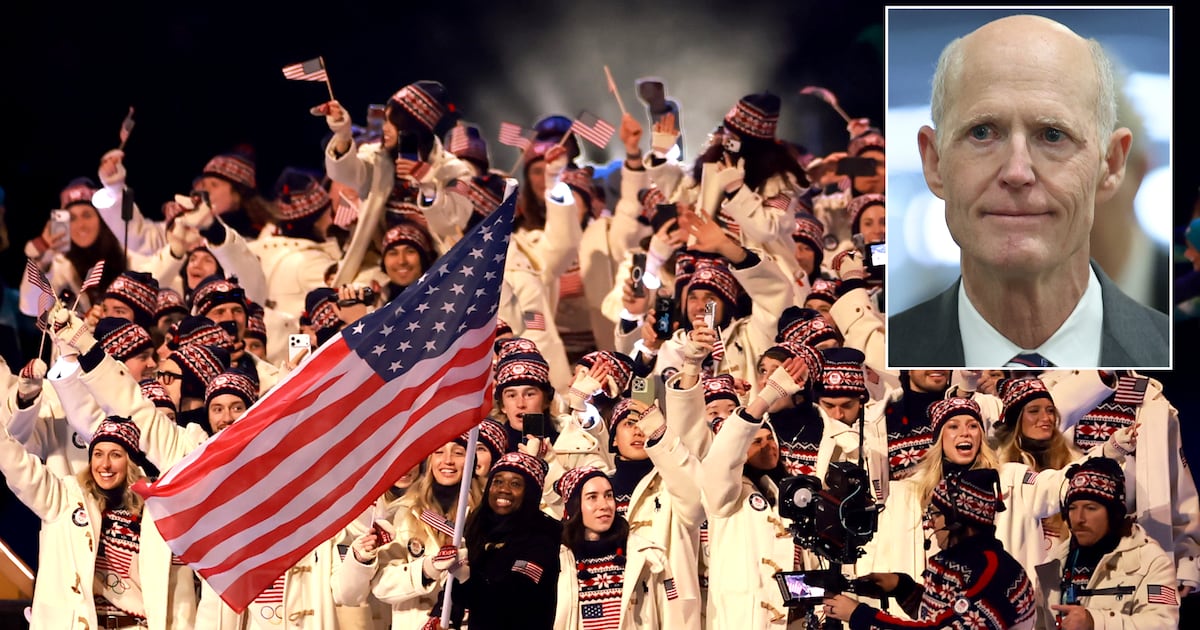After weeks of online buzz and cryptic messages from the singer’s social media pages, Taylor Swift finally dropped her highly anticipated Red (Taylor’s Version) on Friday, the second release in a series of album re-recordings in an effort to gain ownership of her catalog.
Swift’s revisiting of Red in particular, an Album of the Year nominee and her last dance with country music (before eventually reverting to a more rustic sound on 2020’s Folklore and Evermore), has warranted increased publicity compared to her previous re-recording of Fearless, including some late-night talk show appearances, a musical guest spot on this weekend’s Saturday Night Live and, most notably, a screening for a short film she wrote and directed for fan-favorite track “All Too Well.”
It doesn’t come as much of a surprise that Swift has centered most of the album’s promotion around that particular ballad, releasing an extended 10-minute version that accompanies the short film. In the following nine years since its release, “All Too Well” has been pegged by fans and critics as the multi-Grammy-winner’s magnum opus and an exemplar of her illustrative songwriting, despite oddly not being one of Red’s singles. Like most of Swift’s heartbreak records, the legacy and cultural interpretation of “All Too Well,” in addition to the entire 2012 project, has been informed by headlines about the singer’s romance-heavy personal life, specifically her short-lived relationship with movie star Jake Gyllenhaal that allegedly lasted from October to December of 2010.
While Swift has never publicly credited Gyllenhaal as the inspiration for the track, she’s also never challenged the unanimous assumption amongst her fanbase that Red is largely about him. Likewise, the Brokeback Mountain actor’s name has appeared all over social media since the announcement of the short film starring Teen Wolf heartthrob Dylan O’Brien and Stranger Things actress Sadie Sink. Fans, including myself, were quick to notice the sizable age gap between the two actors assumed to be playing fictional versions of Swift and Gyllenhaal, who are separated by nine years. As relationships between young women and older men are constantly analyzed and scrutinized on Twitter for their presumed impropriety, fans on social media began anticipating a takedown of the 40-year-old actor, who is currently dating a woman even younger than Swift.
Interestingly but not totally surprisingly, All Too Well, the short film, along with the new track, is not the overly salacious, brutal retaliation fans might’ve expected from Swift as she revisits that moment in her early twenties as a wiser, more romantically experienced 31-year-old. Not that it doesn’t give viewers much to react to.
Swift mostly reaffirms the “casual cruel[ty]” she wrote about over a decade ago, including an anecdote about her former lover not showing up for her 21st birthday party in the extended version (which is also the subject of “The Moment I Knew”). This moment is depicted in the film—as well as a dinner scene where O’Brien’s character (Him) is entertaining his older coterie of friends and declines Sink’s character’s (Her) hand. That awkward rejection is followed by a heated argument over O’Brien’s cold treatment of her that includes some standard fuckboy gaslighting before an inadequate apology that Sink readily accepts. O’Brien and Sink, while mostly performing dialogue-free, standard music video fare, are perfectly cast as a compelling train wreck of a couple, embodying each partner’s respective callousness and guilelessness with enough chemistry to make their initial attraction believable.
It’s a sometimes infuriating habit of Swift’s to end some of her tougher, gut-wrenching material on a note of sweetness and optimism. Swift, whose physicality matches that of a conventional cinematic love interest, has never struggled to paint herself as someone who should be yearned after in her music, even if her relationships don’t always go as planned. Likewise, the film ends on a shot of O’Brien looking through a window at an older version of Sink’s character (played by Swift) donning the famous scarf he’s kept of hers because it “reminds [him] of innocence.”
Alone, that line seems like an indictment of the way men value youth and naivety in women until they become old and wise enough to be disposed of. But it’s ultimately followed up with assertions by Swift that she was “the realest thing he had ever known” and that his memories of their romance are as poignant as hers. While O’Brien’s face is obscured in that final scene, the tenderness of that image, as snow falls around him, gives the impression that he’s reminiscing on an experience that was “rare,” as Swift describes it in the last chorus.
Swift seems to hold fast to this belief 10 years later despite the neglect and carelessness she portrays from her ex throughout the video and the added lyrics. While we’ll never know the intricacies of that relationship from either party involved, it does feel like we’re being cheated out of a more difficult, retrospective take from Swift in favor of a few extra details that aren’t particularly surprising. This ultimately has to do with the fact that “All Too Well’s” 10-minute version is just an ad-libbed rough draft from 10 years ago that Swift never released at the time as opposed to a rewrite of the track.
Basically, Swift’s latest cinematic endeavor boils down to a 15-minute Nicholas Sparks film and a chance to look at Dylan O’Brien with a full beard. It will most serve as a launchpad for jokes and accusations that Jake Gyllenhaal is secretly a douchebag, which, with her history of beefs, also counts as a success for the Taylor Swift brand.







